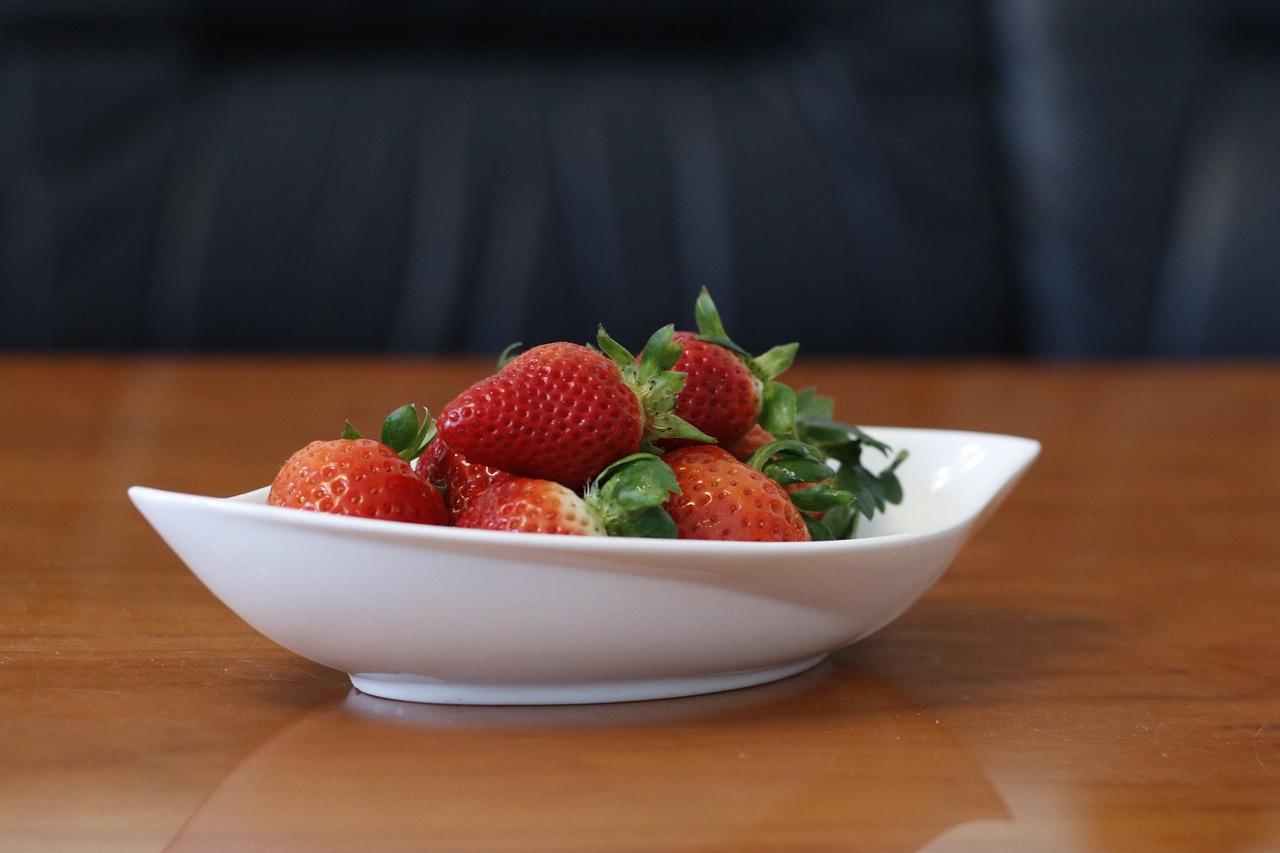The Emergence of Plant-Based Seafood Alternatives
11xplay online, indiabet24, skyfairvip: The Emergence of Plant-Based Seafood Alternatives
Have you ever craved the taste of the ocean but wanted to skip the guilt of eating seafood? Well, you’re in luck because plant-based seafood alternatives are on the rise! With sustainability and health concerns at the forefront of many consumers’ minds, plant-based seafood options provide a delicious and eco-friendly solution.
In recent years, plant-based seafood alternatives have been gaining popularity as more people seek out plant-based options to reduce their environmental impact and improve their health. From fishless fillets to seaweed-based shrimp, there are now a wide variety of plant-based seafood products available on the market.
Why are plant-based seafood alternatives becoming so popular?
One of the main reasons for the rise in popularity of plant-based seafood alternatives is the growing awareness of the environmental impact of traditional seafood production. Overfishing, bycatch, and habitat destruction are just a few of the issues associated with the seafood industry. By choosing plant-based seafood alternatives, consumers can enjoy the taste of seafood without contributing to these environmental problems.
Another factor driving the popularity of plant-based seafood alternatives is the increasing concern over animal welfare. Many people are becoming more conscious of the ethical implications of eating seafood, leading them to seek out plant-based alternatives that do not involve harming animals.
In addition to environmental and ethical reasons, plant-based seafood alternatives also offer a number of health benefits. Plant-based seafood products are often lower in calories, saturated fat, and cholesterol compared to their animal-based counterparts. They are also free from harmful contaminants such as mercury and microplastics that can be found in some types of seafood.
What are some popular plant-based seafood alternatives?
There are now a wide variety of plant-based seafood alternatives available on the market, ranging from fishless fillets to crab cakes to vegan calamari. Some popular brands that offer plant-based seafood products include Gardein, Good Catch, Sophie’s Kitchen, and Ocean Hugger Foods.
Fishless fillets are a common plant-based seafood alternative that mimics the texture and flavor of fish. These fillets are typically made from ingredients such as soy protein, pea protein, and algae oil to create a flaky and flavorful product that can be grilled, baked, or fried just like traditional fish.
Seaweed-based shrimp is another popular plant-based seafood alternative that offers a sustainable and tasty option for shrimp lovers. These shrimp alternatives are made from seaweed, tapioca starch, and other plant-based ingredients to create a realistic texture and taste that closely resembles the real thing.
Vegan crab cakes are a delicious plant-based alternative to traditional crab cakes that are made from ingredients such as artichokes, hearts of palm, and chickpeas. These crab cakes are packed with flavor and are perfect for serving as an appetizer or main course.
Plant-based calamari made from mushrooms or other plant-based ingredients are a creative and tasty option for those looking to enjoy the taste and texture of calamari without the cruelty of traditional seafood production. These plant-based calamari alternatives can be breaded and fried to create a crispy and satisfying dish.
FAQs
1. Are plant-based seafood alternatives healthy?
Yes, plant-based seafood alternatives are often lower in calories, saturated fat, and cholesterol compared to their animal-based counterparts. They are also free from harmful contaminants such as mercury and microplastics that can be found in some types of seafood.
2. Are plant-based seafood alternatives environmentally friendly?
Yes, plant-based seafood alternatives are more environmentally friendly than traditional seafood production, which can contribute to issues such as overfishing, bycatch, and habitat destruction.
3. How do plant-based seafood alternatives compare to traditional seafood in terms of taste?
Plant-based seafood alternatives are designed to closely mimic the taste and texture of traditional seafood products. Many consumers find that plant-based seafood alternatives are just as delicious as the real thing.
4. Where can I find plant-based seafood alternatives?
Plant-based seafood alternatives can be found at many grocery stores, health food stores, and online retailers. Some popular brands that offer plant-based seafood products include Gardein, Good Catch, Sophie’s Kitchen, and Ocean Hugger Foods.
5. Are plant-based seafood alternatives more expensive than traditional seafood?
Plant-based seafood alternatives can be slightly more expensive than traditional seafood products due to the cost of sourcing plant-based ingredients and developing innovative plant-based recipes. However, the price difference is often minimal, especially when considering the environmental and ethical benefits of choosing plant-based options.
In conclusion, plant-based seafood alternatives are gaining popularity as more consumers seek out sustainable, ethical, and healthy options for enjoying the taste of the ocean. With a wide variety of delicious plant-based seafood products now available on the market, it’s easier than ever to make the switch to plant-based seafood and enjoy all the benefits it has to offer. So next time you’re craving seafood, why not give plant-based alternatives a try? Your taste buds and the planet will thank you.







